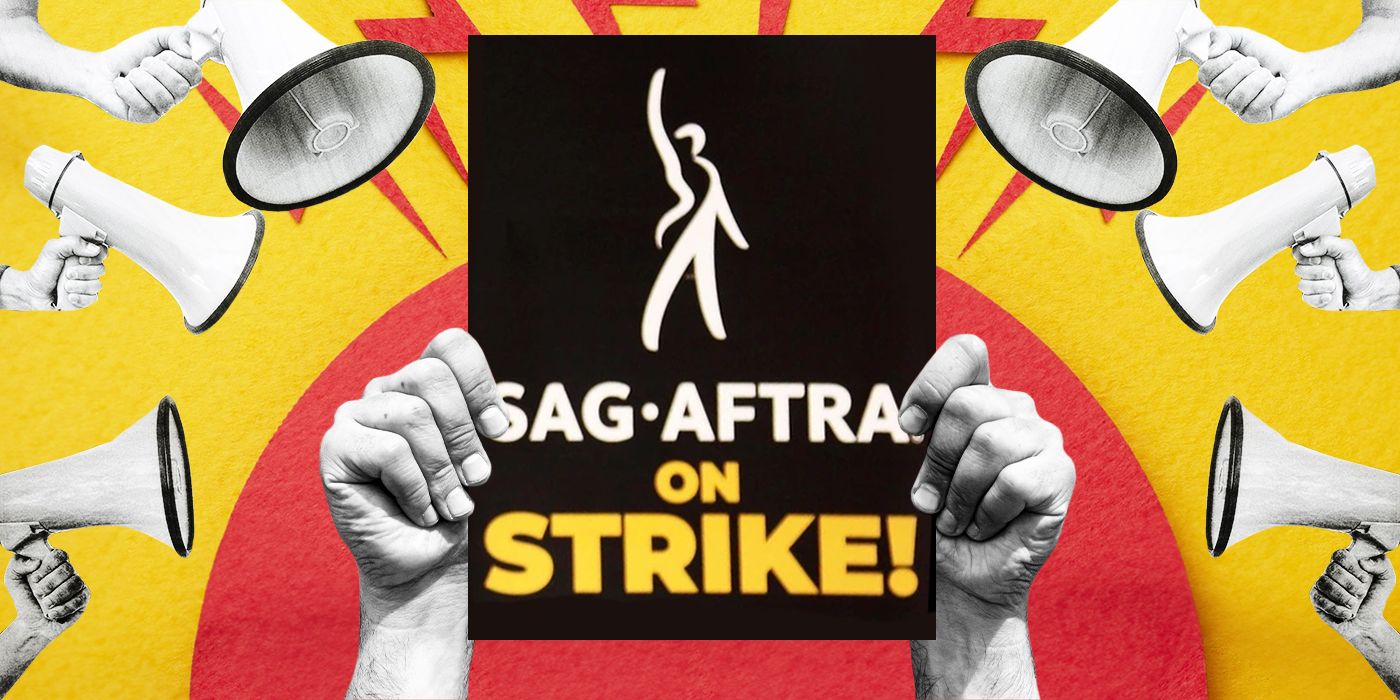SAG-AFTRA Negotiations Stall as Studios Allegedly Resort to Strong-Arm Tactics

Recent updates have emerged surrounding the ongoing negotiations between SAG-AFTRA and major studios, casting a shadow on the potential resolution of the strike.
Late last night, the union's leadership informed its members that the studios appeared to resort to aggressive negotiation methods, often termed as "bully tactics." This led to a complete breakdown of the talks, despite what previously appeared to be promising progress.
For members of SAG-AFTRA, this was not just a setback, but a significant disappointment. The union has fervently appealed to its members to remain united and continue their demonstrations at the picket lines, emphasizing the importance of solidarity during such challenging times.
The Crux of the Matter: Revenue and Fairness
At the heart of this dispute is the age-old issue of financial remuneration. Reports from industry insiders, such as Variety, suggest that the union's desire for a share in the burgeoning streaming revenues has been a significant point of contention. The discord primarily arises from disagreements on the financial implications of the proposal. The central debate is around determining an equitable share of streaming revenue for every subscriber on the platforms.
SAG-AFTRA's official statement elaborated on their position: "We approached these negotiations with sincerity and openness. Yet, we were met with an offer last week that was astonishingly less than their initial proposal before the strike's commencement. These major studios seem unwilling to safeguard actors from being substituted by AI technologies, address stagnant wages in light of inflation, or acknowledge the substantial revenue generated by their hard work."
Historically, SAG-AFTRA has been consistent in their demand for a percentage of streaming revenues from all productions covered by the union. This includes content specifically designed for streaming platforms. Their aspirations echo the Writers Guild of America's triumph in securing a success-based bonus model.
However, the Alliance of Motion Picture and Television Producers (AMPTP) offered a contrary perspective: "SAG-AFTRA's recent proposal, which they described as a 'viewership bonus,' would impose an annual expense exceeding $800 million. This is financially unsustainable. Furthermore, they made limited concessions on several other outstanding matters."
Countering this, the union alleges that the studios are disseminating distorted figures, aiming to dampen the spirit and unity of its members.
A Historical Context and the AI Dilemma
Currently, as the actors' strike surpasses its 90th day, there are concerns that it might surpass the duration of the 1980 SAG strike. Although there seemed to be converging viewpoints in the recent past, this new impasse is undeniably significant.
Additionally, the discussions also encompass pivotal matters like the ethical use of AI for both primary and secondary roles. There's a growing concern surrounding AI training for these purposes. SAG-AFTRA contends that the AMPTP is not presenting a genuine picture on the AI front.
Yet, there's a glimmer of hope. Recent meetings between studio giants, including Bob Iger of Disney, David Zaslav of Warner Bros. Discovery, Donna Langley of NBCUniversal, and Ted Sarandos of Netflix, with SAG-AFTRA's negotiating team might pave the way for renewed dialogues and a potential breakthrough.
